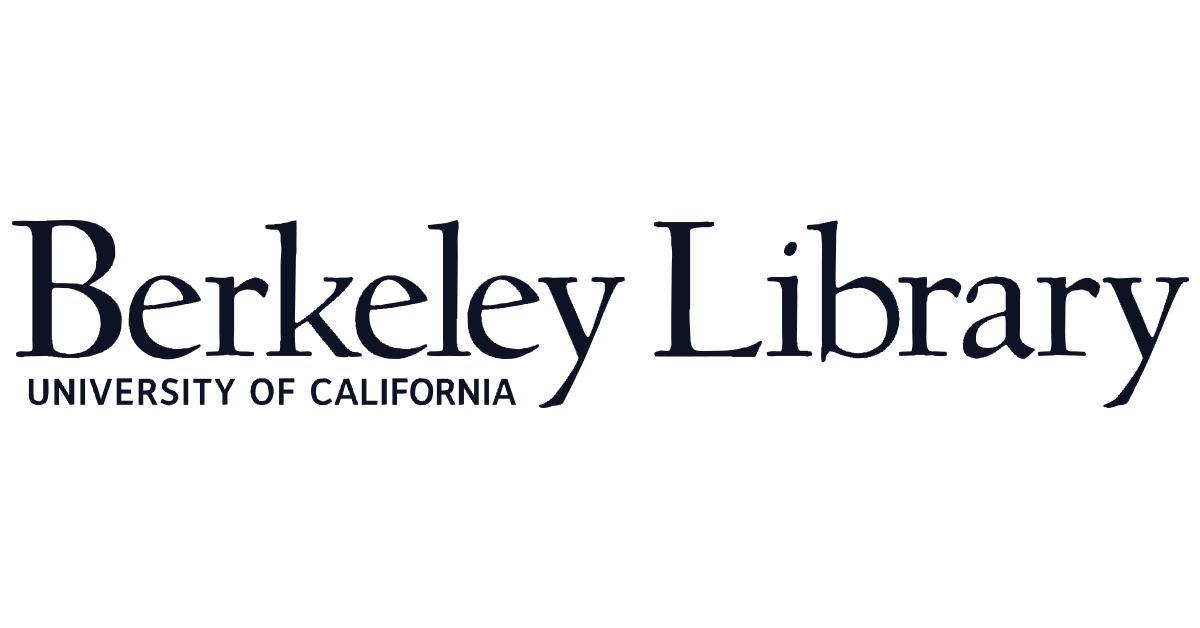GOUVERNANCE ET INDUSTRIALISATION DU MALI
DOI:
https://doi.org/10.5281/zenodo.7665965Keywords:
Mali, industrialization, governance, institutions, rule of law, corruption.Abstract
Following the failure of structural adjustmentprograms, the promotionofgoodgovernancehasbecome, sincethelate1990s, a priorityformajorinternationalorganizationsasadevelopmentpolicyforpoorcountries.
Theobjectiveofthisarticleistoanalyzethelinkbetweengoodgovernanceandindustrializationin Mali.Thisresearchfocuses on empiricalmethodologybasedonaneconometricmodelintegrating World Bankdatafortheperiod2005-2021.Theindustrializationvariableisapproximatedbymanufacturingvalueadded,expressedasapercentageofGDP.Theindependentvariablesare the sixindicatorsofgovernancein the world,developedbytheWorldBank.Theresultsof the regressionanalysesshowthatpoliticalstability and the absence of violencein the country,aswellas the ruleoflaw and thevariableCitizenvoiceandresponsibilityhaveapositiveinfluenceonindustrialization.On the otherhand, itappearsthat the fightagainstcorruption, the efficiency of publicauthoritiesandthequalityofregulationhavea negative influenceonindustrialization.
Consequently, if the establishment of the rule of law through democratic functioning, under the rule of law and in the maintenance of rights, and the independence of the judiciary, is a favourable condition for industrial development, the Malian State should intensify the fight against corruption and promote the transition of the economy from the informal sector to the formal sector.
Downloads
Published
How to Cite
Issue
Section
License

This work is licensed under a Creative Commons Attribution-NonCommercial-NoDerivatives 4.0 International License.























